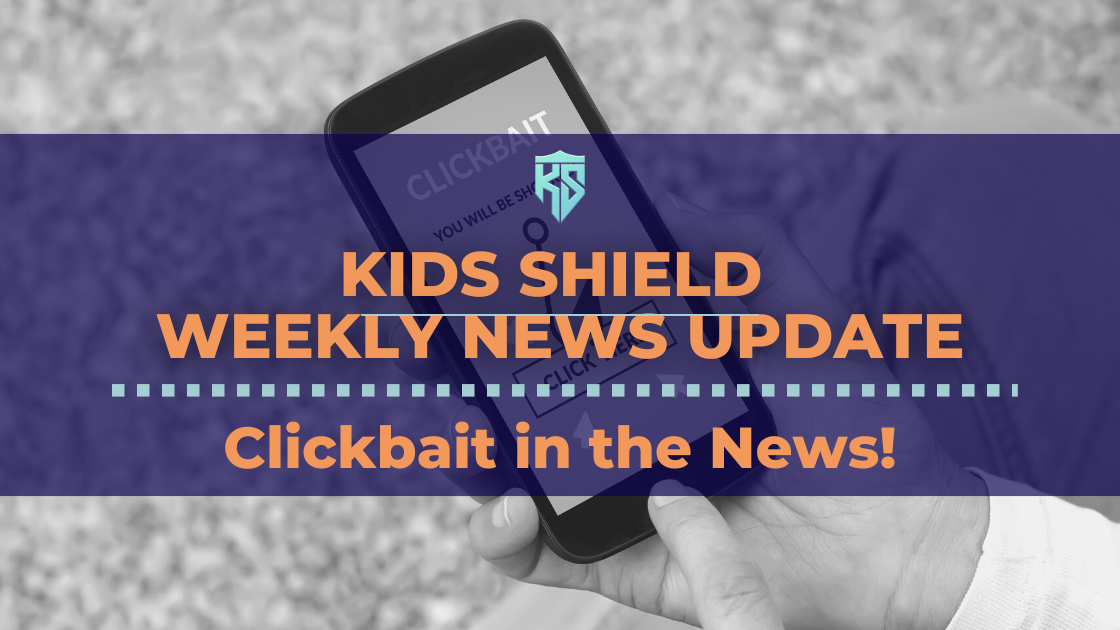
Clickbait and misinformation are prevalent trends on social media, that almost everyone may have found themselves victims too. These kinds of posts on social media content, clickbait or information that isn't generally true, are usually created so that posters can receive some sort of attention whether that's good or bad. It is best to ignore and avoid clicking these kinds of stories and posts, and also avoid ever sharing unless you know the information is true. Here are some recent news stories we believe would be helpful on your cyber security education journey.
Social Media Features Increase Sharing of Misinformation

According to the NY Times an analysis found that social media algorithms are helping the spread of clickbait and misinformation. It has always been known that the use of social media spreads information faster than anything before, but now we know that the features of these programs actually promote misinformation. In the analysis they saw that “well-crafted lies” always did better being posted than true information. In this analysis they found that tiktok and twitter specifically contributed to false information because of two of the platforms features. On twitter it is so easy to reshare information because of the retweet button. Within seconds you can reshare a post to your followers. Whereas on tiktok the feature that leads to increase of information is first the algorithm. Tiktok will push content that relates to content you've already viewed even if the information is false. Tiktok also has a feature where you can stitch videos, which means you add a video onto an already posted video by another user. This allows videos to be reshared quickly and easily. It is so important to know the risks of clickbait and misinformation because of the great harm they can cause.
RCMP is Taking Action on Clickbait

Due to the increases of clickbait and misinformation on social media platforms the RCMP is now stepping in to fight this problem. According to the article's stats Canada found that 40% of people believed information they read about COVID-19 online and then later found out it wasn't true. In order to help the RCMP has created a workshop that helps people understand and avoid misinformation. They outline what the problem is, the harm it causes and how to take action. They detail that disinformation and misinformation are two different things. Disinformation being information that is incorrect, deliberately being shared and misinformation being misleading info that isn't deliberately shared. The harms they mention include mental or physical health problems and can even harm public safety. The actions they suggest include researching the source of the information, thinking about your own biases and checking for supporting information. You can read more about this here.
We hope that these articles bring some light to you about the risks and severity of disinformation, misinformation and clickbait. Sign up for the Kids Shield emailing list to never miss a blog, and follow us on all platforms for more content. Be educated, be connected and be safe!



